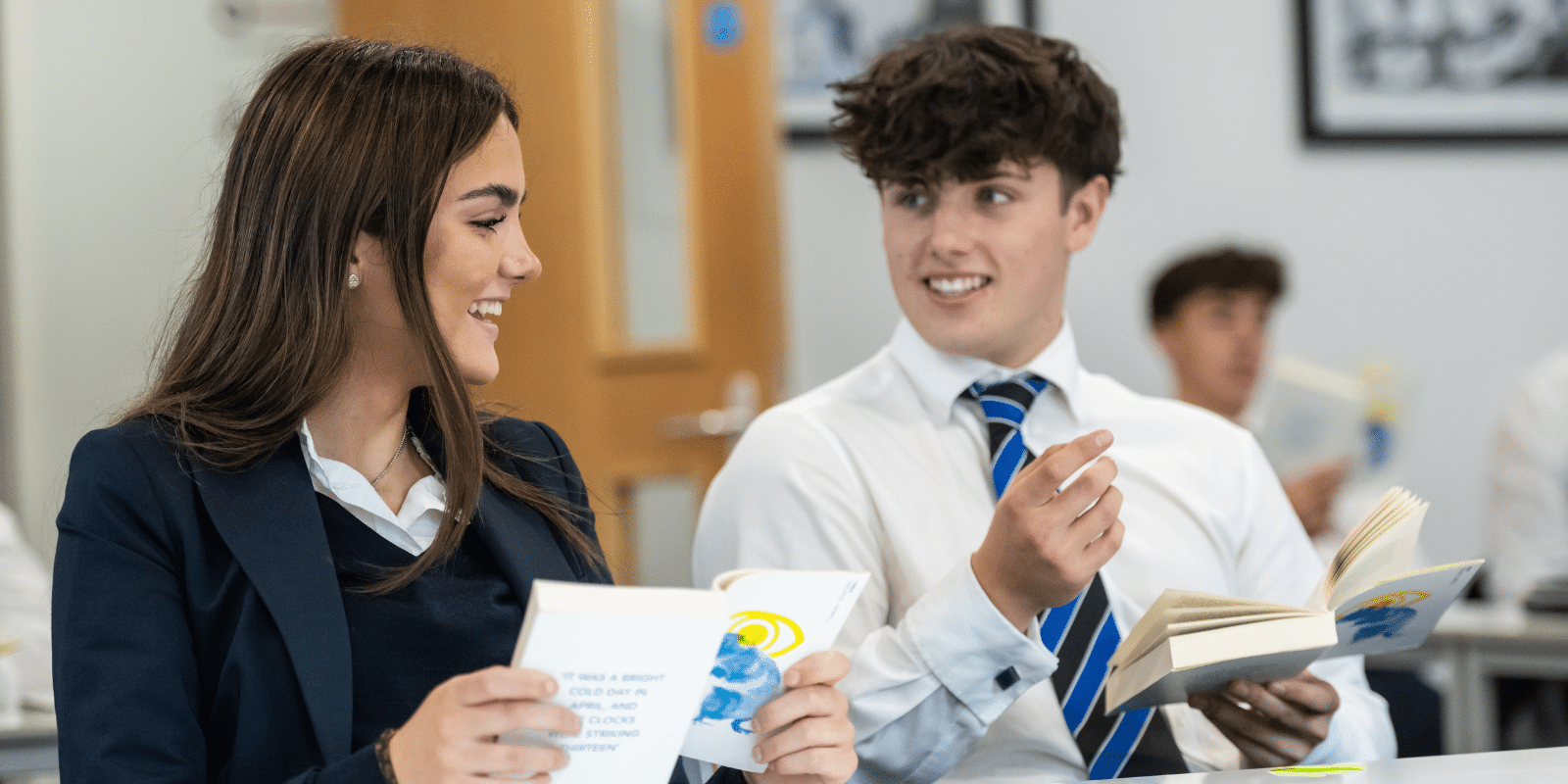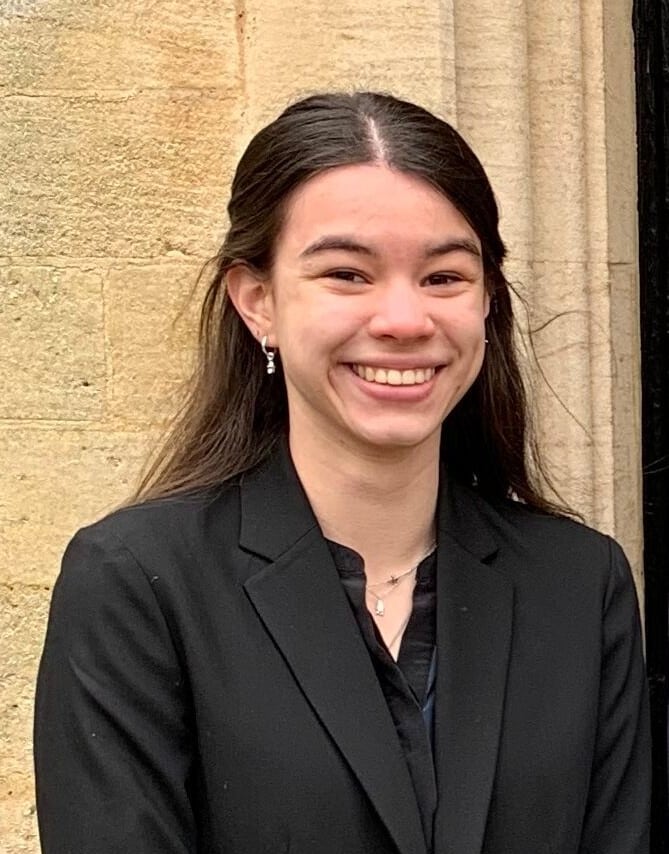At the time of writing, a well-known social media site is suggesting that I might be interested in an article about two touching stars in the constellation Cygnus expected to merge in 2022, a single-celled organism called Valonia that is as big as an egg, amusing footage of a manakin bird hopping along a branch, and a map of the United Kingdom constructed just from roads. Of course, I am interested in all of those things, and it is not immediately obvious to me whether I should be delighted to have such entertaining and distracting trivia piped directly to my brain, or alarmed that an algorithm (and, consequently, anyone in possession of my data) knows me so well.
That we live in changing times is not new: anyone from countless generations back through the ages, and across the globe, could have made a similar assertion. What is unprecedented is the rate of that change. Someone transported from the time of my childhood in the 80s to the present day would experience quite a culture shock: how far into the future would one have to go from now before the world becomes unnavigably other? There has been a great deal of speculation about the knowledge and skills that will be needed in the world of 2030. Whilst no-one can predict the future with certainty, there is a remarkable degree of agreement on the broad sweep of qualities one is likely to require. Distilling the many conversations that have taken place, what is apparent is the importance of being able to think critically and creatively, to learn effectively and independently, to collaborate with others, and to manage copious information and ‘big data’.We can reasonably suppose that people may need to switch fields several times during their working lives, and that professions will change in nature quite profoundly. What has already been achieved by researchers at Google’s DeepMind lab, and by others, has the potential to impact fields as diverse as law, accountancy, education, linguistics, medicine, haulage and journalism. We don’t need to make too many heroic predictions here: it is already happening.
It is voguish in certain circles to speak of a VUCA world (characterized by volatility, uncertainty, complexity and ambiguity) and, whilst some might consider this acronym a bit alarmist, it’s certainly tricky out there, and getting trickier all the time. So: the education we need to offer to our young people today has a lot riding on it, and a traditional ‘business as usual’ knowledge-based curriculum is unlikely to do the job. Our challenge, therefore, is to equip our students with the knowledge, aptitude and skills to thrive in the world of 2030 and beyond. Philosophically, and in practice, there is a great deal in an Oakham education that already provides a brilliant preparation, including our FOSIL framework for inquiry learning, our broad and balanced ‘Total Curriculum’, and our focus on Learning Habits. What was needed was something to bring it all together and, in so doing, add something extra and, given our long-standing experience and success with the IB Diploma Programme, introducing the IB MYP is a clear next step.
The IB Middle Years Programme is a holistic, concept-based framework that puts the student at the centre and makes understanding a real priority. In a traditional curriculum, knowledge and skills are taught, with the hope that deep understanding follows: sometimes it does, but there is nothing systematic about that. One can end up with rather a disparate appreciation of particular subjects, possibly in some depth, but without an awareness of the bigger picture, and limited experience in bringing a variety of ideas together to deal with the complex, and sometimes rather messy, interdisciplinary problems that arise all the time in real life. By way of contrast, IB MYP units start with the ideas and concepts that one wishes to convey, and the knowledge and skills needed to support understanding the concepts follow from that. It all feels more three-dimensional and connected.
The IB MYP is a framework for learning rather than just a curriculum. It is more than a set of subjects: it addresses students’ intellectual, social, emotional and physical well-being, and gives them the opportunities to develop the knowledge, attitudes and skills they need to manage complexity and take responsible action for the future. It helps them to understand how their learning fits into the bigger picture, and in the wider world: subjects are linked with local and global perspectives, and across the disciplines, sometimes in surprising but revealing ways. Inquiry is fundamental: students learn how to ask and answer great questions, big and small. They are inspired and enabled to use their learning to make things happen: they think about how action or service can arise from what they learn, and how individually and together they can make a difference. The whole package is underpinned by the IB Learner Profile, which encourages students to develop the vital skills and attributes they will need, including effective communication, being open-minded, taking responsible risks, and balancing different aspects of their lives.
Taken as a whole, the IB MYP brings together everything we believe about education in a way that will give our young people the best opportunity to thrive in the world to come, whether at school, at university or in the world of work, and in their wider lives. And, in the spirit of an IB education, it has made us think again about everything we are doing.
Oakham has been an IB World School since 2001, and is already one of the world’s leading IB Diploma Programme schools. The recent launch of the more-flexible ‘Next Chapter’ of the IB MYP allows us to develop a programme that it right for Oakham, offering a three-year MYP for Forms 1, 2 and 3 whilst retaining the currency of GCSEs. Now, around a year after we started work on this project, we have recently become a candidate school for the IB MYP, and the journey so far has been incredibly rewarding, and invigorating.
Klaus Schwab, Executive Chairman of the World Economic Forum, said that ‘there has never been a time of greater promise, or greater peril’. Whether one sees the future as scary, exciting, weird or just confusing, it is as well to be ready to actively take one’s part in it as a responsible, prepared global citizen. At Oakham, we believe that the IB MYP is the best way we can give our young people the opportunity to do exactly this.
To find out more about the IBMYP at Oakham click here.





